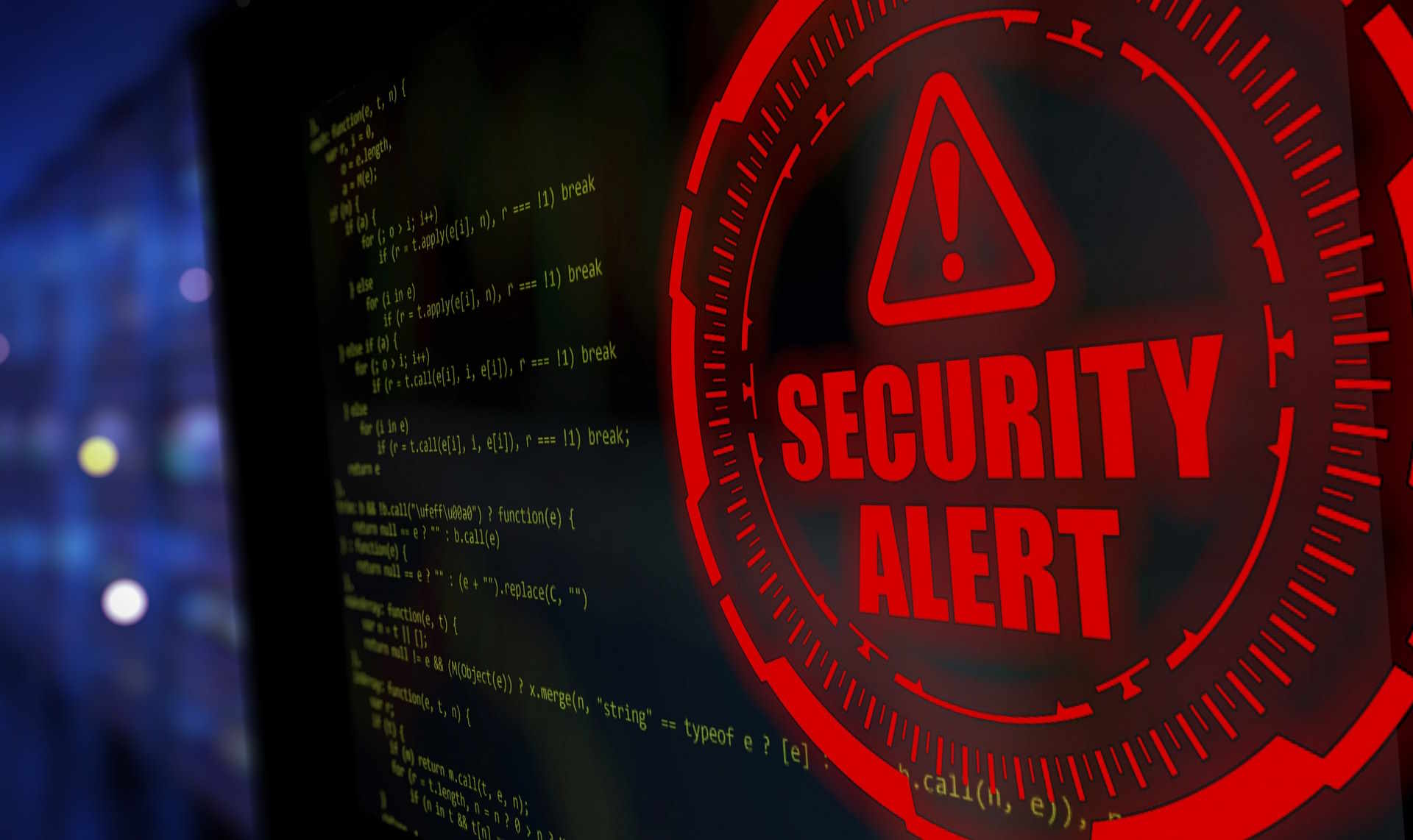What a Cyber Security Degree Covers and Why It’s Vital in Today’s Digital Landscape
As cyber threats continue to evolve and multiply across our increasingly connected world, the demand for skilled cybersecurity professionals has reached unprecedented levels. Organizations of all sizes are recognizing that investing in proper digital security isn't just recommended—it's essential for survival. A cybersecurity degree provides the comprehensive knowledge and practical skills needed to protect digital assets, making graduates highly valuable in today's job market.

What Core Subjects Do Cyber Security Programs Include?
When you understand cyber security programs, you’ll discover they encompass a broad range of technical and analytical subjects. Students typically study network security, cryptography, digital forensics, and ethical hacking techniques. The curriculum also includes risk assessment methodologies, incident response procedures, and compliance frameworks like ISO 27001 and GDPR. Many programs incorporate hands-on laboratory experiences where students practice penetration testing, malware analysis, and security auditing using industry-standard tools and simulated environments.
How Do Cyber Security Degrees Prepare Students for Real-World Threats?
Modern cybersecurity education emphasizes practical application alongside theoretical knowledge. Students learn to identify vulnerabilities in systems, develop security policies, and implement protective measures against various attack vectors. The coursework covers emerging threats like ransomware, social engineering, and advanced persistent threats. Many programs also include business continuity planning, helping graduates understand how security incidents impact organizational operations and how to minimize disruption during security breaches.
What Programming and Technical Skills Are Taught?
A comprehensive cybersecurity degree program teaches essential programming languages including Python, C++, and JavaScript, which are crucial for security analysis and tool development. Students gain proficiency in operating systems security, particularly Linux and Windows environments. Database security, cloud security architecture, and mobile security are increasingly important components. The technical curriculum also covers network protocols, firewall configuration, intrusion detection systems, and security information and event management (SIEM) platforms that are standard in professional environments.
Which Specialization Areas Can Students Choose?
Cybersecurity education offers numerous specialization paths to align with career interests and market demands. Digital forensics focuses on investigating cybercrimes and recovering digital evidence for legal proceedings. Information assurance emphasizes protecting data integrity and availability across organizational systems. Penetration testing specializations train students to ethically hack systems to identify weaknesses. Other popular tracks include cybersecurity management, industrial control systems security, and privacy law compliance, each addressing specific industry needs and regulatory requirements.
How Is Cyber Security Education Developing in Finland?
Finland has emerged as a leader in cybersecurity education, with universities like Aalto University and University of Helsinki offering cutting-edge programs that blend technical expertise with strong emphasis on privacy rights and digital ethics. Finnish institutions often collaborate with local technology companies and government agencies to provide students with real-world project experience. The country’s commitment to digital innovation and its strong privacy culture create unique learning opportunities, particularly in areas like secure communications and data protection that align with European regulatory frameworks.
What Career Opportunities Await Cyber Security Graduates?
When exploring insights into the career paths a cyber security degree opens, graduates find diverse opportunities across multiple industries. Entry-level positions include security analyst, incident response specialist, and cybersecurity consultant roles. Mid-career professionals often advance to positions like security architect, penetration tester, or compliance manager. Senior opportunities include chief information security officer (CISO), cybersecurity director, and specialized consulting roles. Government agencies, financial institutions, healthcare organizations, and technology companies actively recruit cybersecurity professionals, with many positions offering remote work flexibility and competitive compensation packages.
| Career Path | Average Salary Range (EUR) | Experience Level Required |
|---|---|---|
| Security Analyst | 45,000 - 65,000 | Entry to Mid-level |
| Penetration Tester | 55,000 - 80,000 | Mid-level |
| Security Architect | 70,000 - 95,000 | Senior |
| CISO | 90,000 - 150,000+ | Executive |
Salary estimates are based on current market data for Finland and may vary based on company size, location, and specific qualifications. Independent research is advised before making career decisions.
Understanding cyber security degrees reveals they provide essential preparation for one of today’s most critical and rapidly growing professional fields. The combination of technical skills, analytical thinking, and practical experience gained through these programs positions graduates to address the complex security challenges facing modern organizations. As digital transformation accelerates across all sectors, cybersecurity professionals will continue to play an increasingly vital role in protecting our connected world, making this educational investment both personally rewarding and professionally secure.




